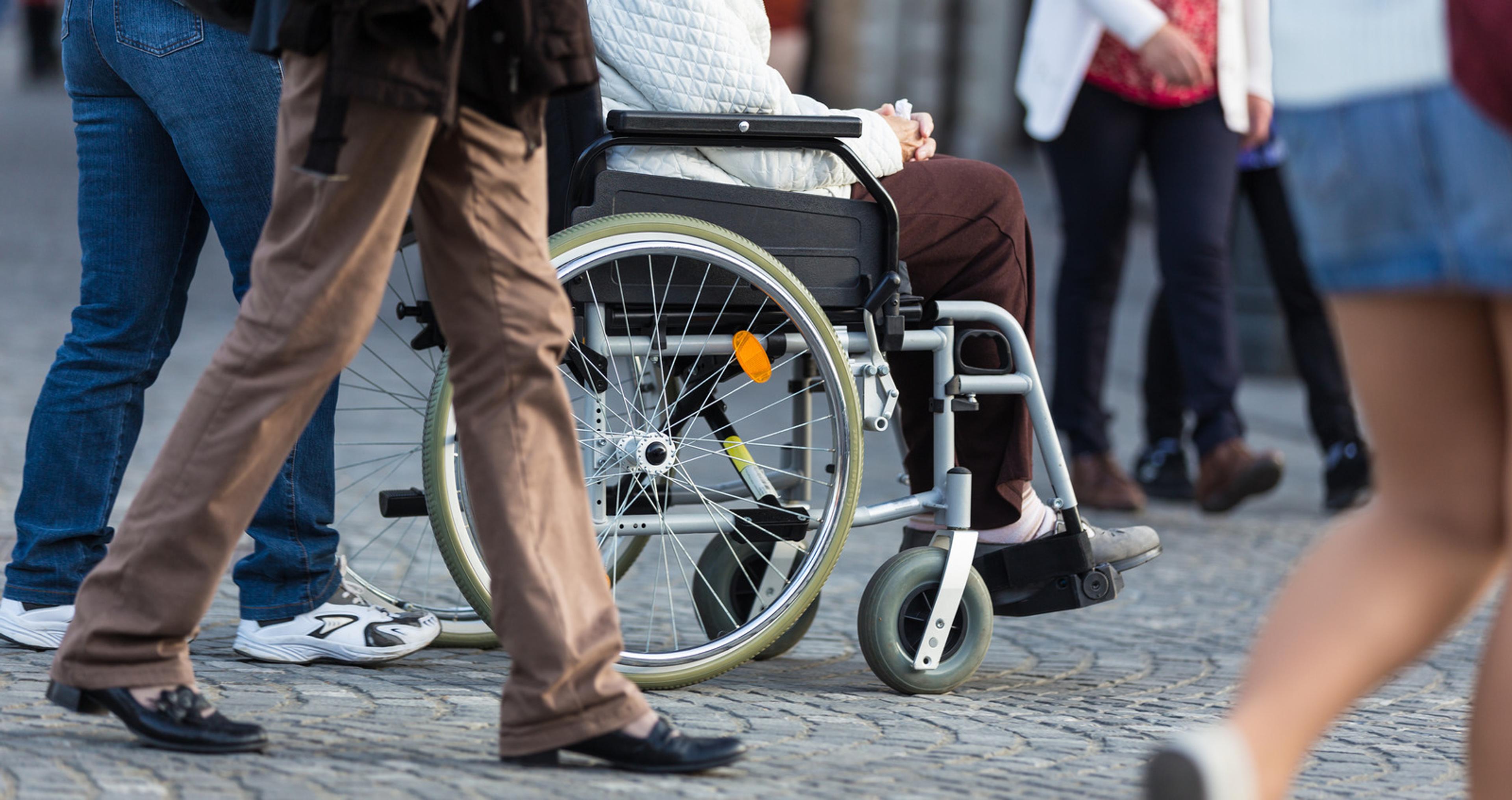
Tax reform in Catalonia in favour of the assets of people with disabilities
The new Law 13/2023, of 24 May, which came into force on 26 May, recognises for the first time the application of all the tax benefits provided for in state regulations, in Personal Income Tax (IRPF) and Corporation Tax (IS), to the protected estates of people with disabilities constituted in accordance with the autonomous region's own civil law, including Catalan civil law.
Blanca Llopart | Tax Director
The new Law 13/2023, of 24 May, which came into force on 26 May, recognises for the first time the application of all the tax benefits provided for in state regulations, in Personal Income Tax (IRPF) and Corporation Tax (IS), to the protected estates of people with disabilities constituted in accordance with the autonomous region's own civil law, including Catalan civil law.
Until now, the application of the following tax benefits was limited to the protected estates of people with disabilities constituted under ordinary civil law:
- A reduction of up to 10,000 euros per year in the personal income tax of anyone making a contribution to the protected estate of a spouse or blood relative, limited to the third degree for collaterals (with a limit of 24,250 euros for all annual contributions).
- Contributions received by people with disabilities to their assets are considered as income from work exempt from personal income tax up to a limit of three times the Public Multiple Effect Income Indicator (IPREM). The excess of the contributions would be subject to Donations Tax, with the possibility of applying a reduction of 90% of the taxable base of the tax (in Catalonia).
- Companies that make contributions, as part of an employment relationship, in favour of their employees, family members or their dependants will be able to apply a deduction of up to 10,000 euros per year.
This law therefore represents a major step forward for protected estates set up in autonomous communities with their own civil law, such as Catalonia. Both the beneficiaries of these protected estates, as well as the family members who make contributions to them, have gained legal certainty with respect to the special protection provided for the estates of people with disabilities.
In addition, in certain autonomous communities, protected estates enjoy a tax benefit in Wealth Tax (IP). Specifically, in Catalonia, the part of the IP quota that corresponds to the assets that make up the protected estate is reduced to 99%. However, the regulation of the Temporary Solidarity Tax on Large Estates (hereinafter, ISGF) does not provide for the same relief. As a result, the protected estates of people with disabilities do not enjoy any benefits under the ISGF.
It should be borne in mind that the figure of the protected estate is intended to cover the beneficiary's vital needs. It therefore allows the necessary expenses to be channelled through an instrument that enjoys special legal protection.
Contact us for personalised support for your project.
